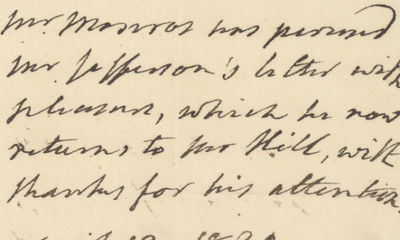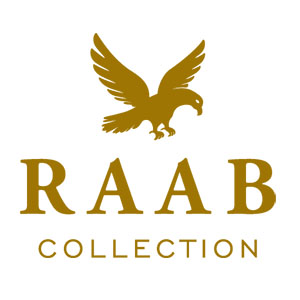signed
13/04/1820
by James Monroe
13/04/1820. Here Monroe returns the original to its recipientThe first great crisis over slavery occurred when Missouri requested to be admitted to the Union as a slave state in 1819. The number of slave and free states was then balanced at 11 each, and admission would upset that balance. Both north and south staked out positions based on sectionalism, rather than nationalism, the first time this had occurred. The debates in Congress were intense. With so many territories in the west still thinly settled or not settled at all (and the certainty that additional requests for admission would be presented as these territories were populated and qualified (truncated)



